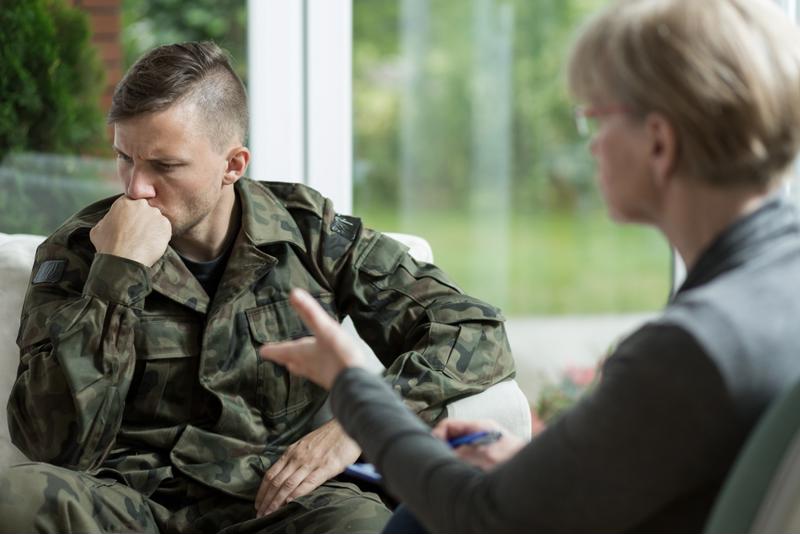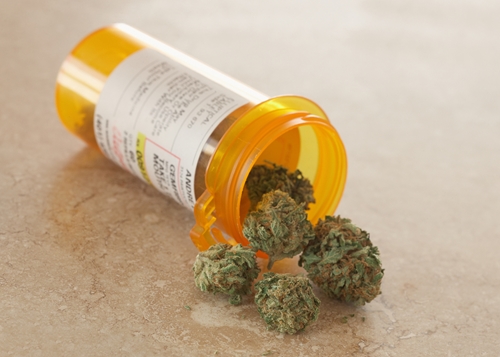Millions of veterans nationwide struggle with both the physical and mental scars that can come with service, and as such people are always on the lookout for ways to help. And now, thanks to a new bill being advanced in the U.S. Senate, that could include at least testing the benefits of medical marijuana when it comes to treating post-traumatic stress disorder.
U.S. Sens. Kirsten Gillibrand, Cory Booker, and Barbara Boxer – Democrats representing New York, New Jersey, and California, respectively – recently introduced a measure that could be attached to the National Defense Authorization Act, according to a report from Marijuana.com. Specifically, the measure – if adopted – would only require the VA to report to Congress within six months as to any studies related to the effects of cannabis in treating PTSD that it may have conducted during that time. If there is no study, conducted, the VA would have to report why it did not take that step.

Part of a bigger trend
And while this idea may sound controversial to some, lawmakers and average Americans alike seem to have adopted a stance that could be described as an "anything to help veterans" kind of philosophy, the report said. Both the U.S. House of Representatives and Senate recently approved bills that would allow doctors at the VA to recommend medical marijuana use to vets with PTSD in the states where the drug has already been legalized.
Furthermore, the House and Senate overwhelmingly approved a bill last month that would stop the VA from spending money to prevent doctors from making this recommendation, the report said. On the other side of the coin, though, the House Rules Committee recently blocked two bills that would have increased marijuana research from the federal government.
What do the people want?
Interestingly, though, 87 percent of Americans believe doctors should be able to prescribe marijuana in pill form to veterans with PTSD, according to a recent Quinnipiac University Poll. Only 9 percent opposed such a move.
And among households with at least one veteran or active duty military member, the support was split 82 percent for and only 13 percent against, the report said. Furthermore, people of every demographic breakdown – regardless of age group, gender, party affiliation, and race – supported such a change at least 79 percent of the time.
"If you serve your country and suffer for it, you deserve every health remedy available, including medical marijuana in pill form," said Tim Malloy, assistant director of the Quinnipiac University Poll. "That is the full-throated recommendation of Americans across the demographic spectrum, including voters in military households."
Certainly, just about anything that can be done to help veterans in their everyday lives is something that the vast majority of Americans would support. This is a big reason why many organizations exist to assist veterans in a number of ways, ranging from helping them cope with medical issues to giving them a hand financially whenever they need it.

